Week 5: Self- Reflection and Creating your Learning Narrative
LOC 5: Demonstrate the ability to reflect on their own learning by practicing reflective writing
Learning Objectives
By the end of this week, participants will be able to:
- 5.1 – Write reasons why it is important to reflect
- 5.2 – Rewrite and clarify why reflective practice will help them in their day-to-day practice
- 5.3 – Correlate their learning to their reflection in a continuous learning narrative throughout all four modules
Materials Needed This Week
Here is a list of materials you will need while completing this week:
- Writing utensils
- Highlighters
- Ruler
- Sticky Notes
- Dictionary/Glossary booklet
- Handwritten Wisdom Journal
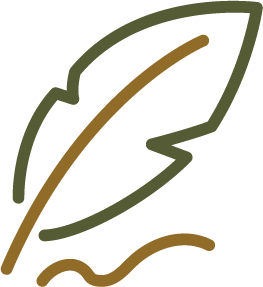
- Blank paper
- Computer/laptop
Key Terms
Add these key terms to your personal dictionary/glossary booklet. These important key terms will be used throughout module 1, week 5. If there is no link attached to the definition, be assured that the term will be defined throughout the week. We encourage you to further investigate the definitions in order to expand your knowledge.
- Self-Reflection
- Learning narrative
- Reflective Practice (RP)
- Introspection
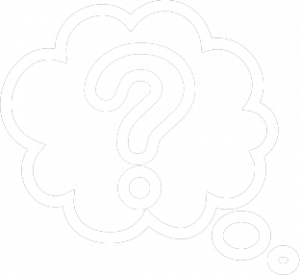 Questions to Consider
Questions to Consider
1. What has your experience with reflective practice been like since beginning this course?
2. Has your perception of reflective practice as being a challenge or a chore changed over the course of this module?
3. What will you do to improve your reflective practice? What is your learning narrative going to look like?

“The purpose of adult education is to help them to learn, not to teach them all you know and thus stop them from learning.” — Carl Rogers
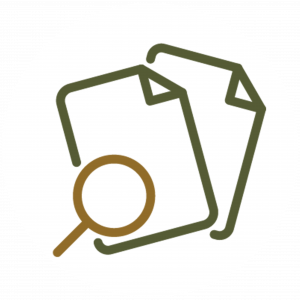 Review
Review
Consult the following resources and interpret the necessary information with your preferred method of note-taking.
Review the following article and perhaps you can be inspired to ask yourself a few more questions.
87 Self-Reflection Questions for Introspection [+Exercises] (article)
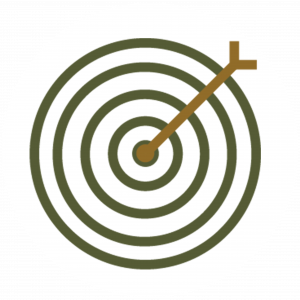 Identify
Identify
Activity
Take a moment to reflect on these questions:
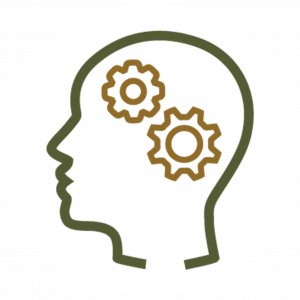 Develop
Develop
Do you still have reservations about journaling or the process of reflective practice? Consult these articles below that may be helpful to you.
Why You Should Make Time for Self-Reflection (Even If You Hate Doing It) by Jennifer Porter (article)
How to Write a Reflective Journal with Tips and Examples (article)
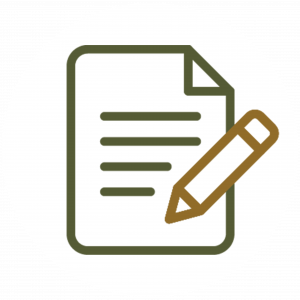 Apply
Apply
Task
1. Compile a list of ten ways you can apply the art of reflective practice (RP) in your practice.
2. Compile a list of ten questions you can engage your students in the art of reflective practice (RP).
 Take Away Toolbox
Take Away Toolbox
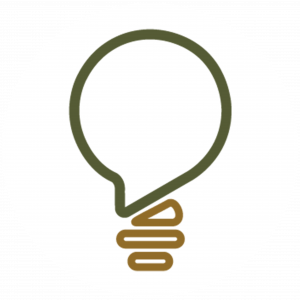 Reflect
Reflect
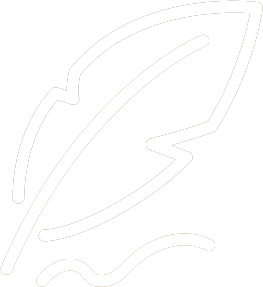 Handwritten Wisdom Journal
Handwritten Wisdom Journal
A Wisdom Writing Journal is a way to notarize your learning journey throughout the weeks during all the modules in this course. It will also permit you to demonstrate that no technology is required to focus on reflective practice. There is a variety of writing journal tools that you can choose from that require technology, however, throughout this course, it is important that you experience and model a no-technology required method in order to relate to those students that have limited or no access to technology.
Take advantage of jotting down your thoughts, frustrations, joys, aha moments, and new information acquired as the result of your hard work. Critical reflection time required at the end of each week will be a culminating result of YOUR own personal Learning Narrative.
Using your own personal writing journal, write an entry for this week’s prompts:
- After completing module 1, has your perception of limited technology skills and limited technology access changed?
- How will you incorporate change after developing your own personal learning philosophy?
- How can you ensure you respect AODA, copyright laws, and creative commons in your resource designs?
- Based on the information that you have learned this week, how would you review, identify, develop, apply, and reflect?
Note: Be sure to justify each of your answers or comments.
Optional Resources
- The 100,000-student classroom- Peter Norvig | TED2012 (video)
- 3 rules to spark learning | Ramsey Musallam (video)
- 3 Rules for Learning New Skills (article & video)
Activity
Congratulations on completing Module 1: Learning Resource Design.
Here is a match the term to its definition activity to help refresh your memory on some of the key terms used and learned throughout module 1.

